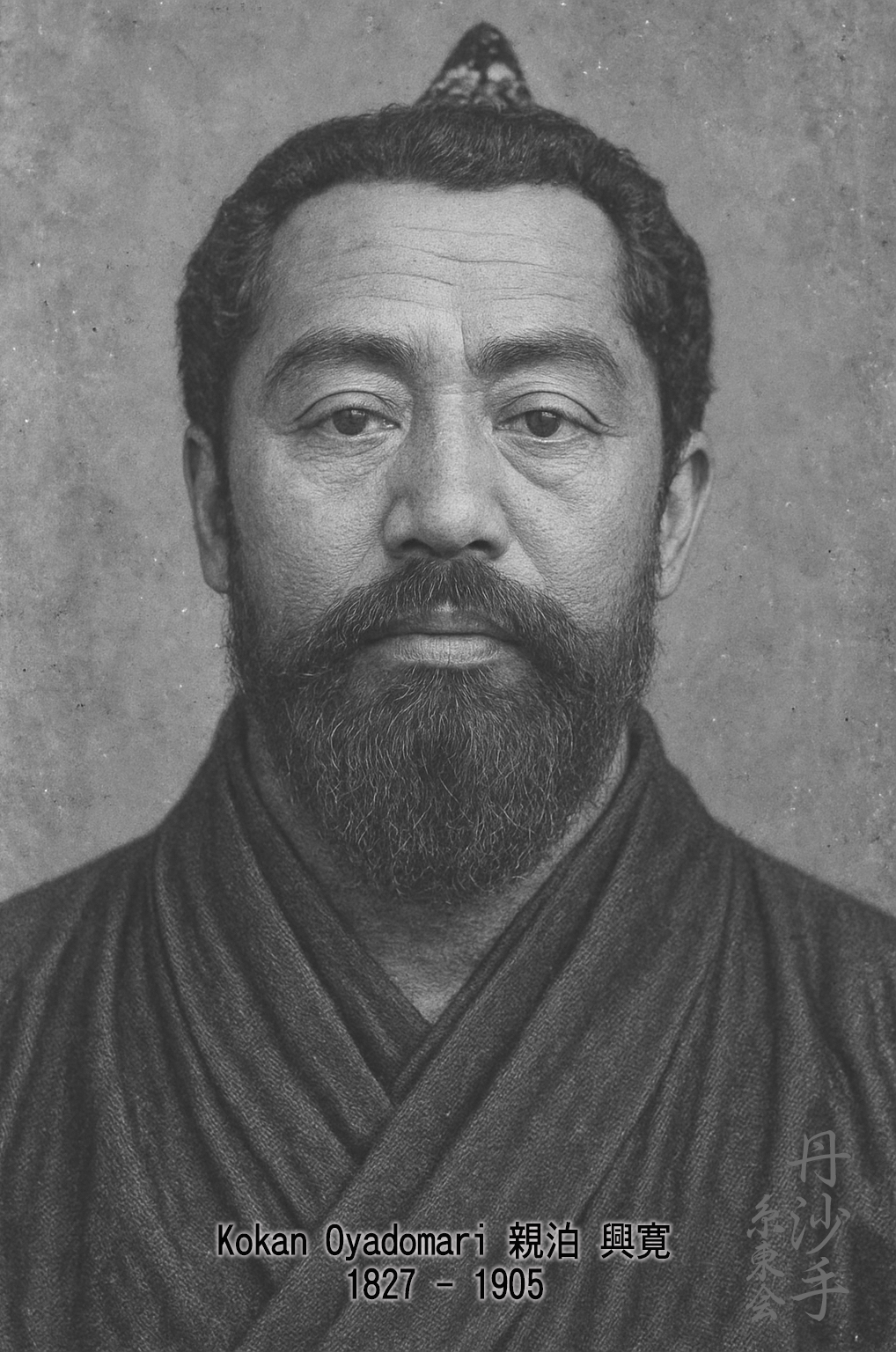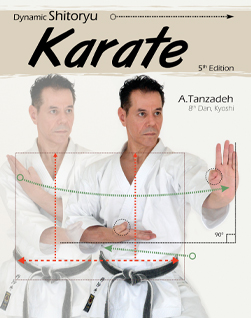Kokan Oyadomari (1827–1905)
Master of Tomari-te and Preserver of Classical Kata
Kokan Oyadomari was one of the foremost karate masters of Tomari village in Okinawa during the 19th century. A close friend and training companion of Master Kosaku Matsumora, both studied under the renowned Tomari-te masters Kishin Teruya and Karyu Uku. Oyadomari also received instruction from a Chinese castaway—believed to be Chinto or Anan—whose teachings deeply influenced the formation of several kata within the Tomari tradition. With a strong foundation in both native and Chinese martial influences, Oyadomari became a central figure in preserving and refining the unique techniques of Tomari-te during a time when karate was transmitted only through personal mentorship.
Known for his refined understanding and preservation of classical forms, Oyadomari taught several kata that remain vital to traditional karate practice. These include Wansu, Rohai, Wankan, Naihanchi, and Chinto. One of his most notable contributions was his version of the Passai kata, which he modified and passed on to his students. This variation, now known as Oyadomari no Passai, is distinct in structure and rhythm from the versions seen in other lineages such as the Itosu school. It reflects Tomari-te’s unique blend of dynamic movement, rooted stances, and practical self-defense applications.
Among Oyadomari’s students were some of Okinawa’s most influential karate figures, including Chotoku Kyan and Kotatsu Iha, both of whom played essential roles in carrying Tomari-te into the modern era. Through them, Oyadomari’s teachings found their way into several established karate styles. Although he remained a modest and traditional practitioner throughout his life, his impact on Okinawan martial arts continues to be deeply felt.
Today, the legacy of Kokan Oyadomari lives on through styles such as Matsubayashi-Ryu and others that honor the Tomari lineage. His version of Passai, along with the other kata he preserved and transmitted, are practiced worldwide as symbols of Okinawa’s rich martial heritage. Oyadomari’s life and work represent the spirit of a generation that safeguarded karate not only as a method of self-defense, but as a living cultural treasure.
Disclaimer.
This portrait was generated using AI technology, based on historic photographs and sketches.
Created for visual and artistic purposes only.






